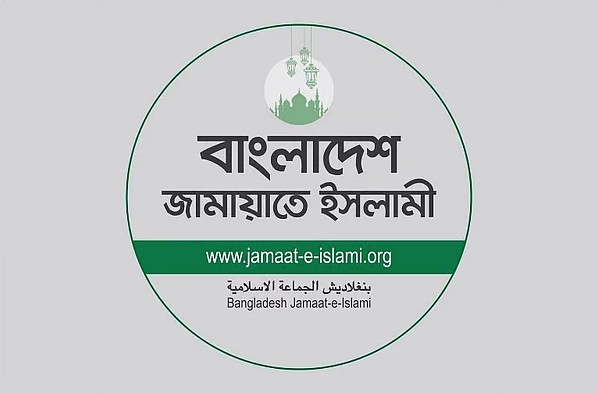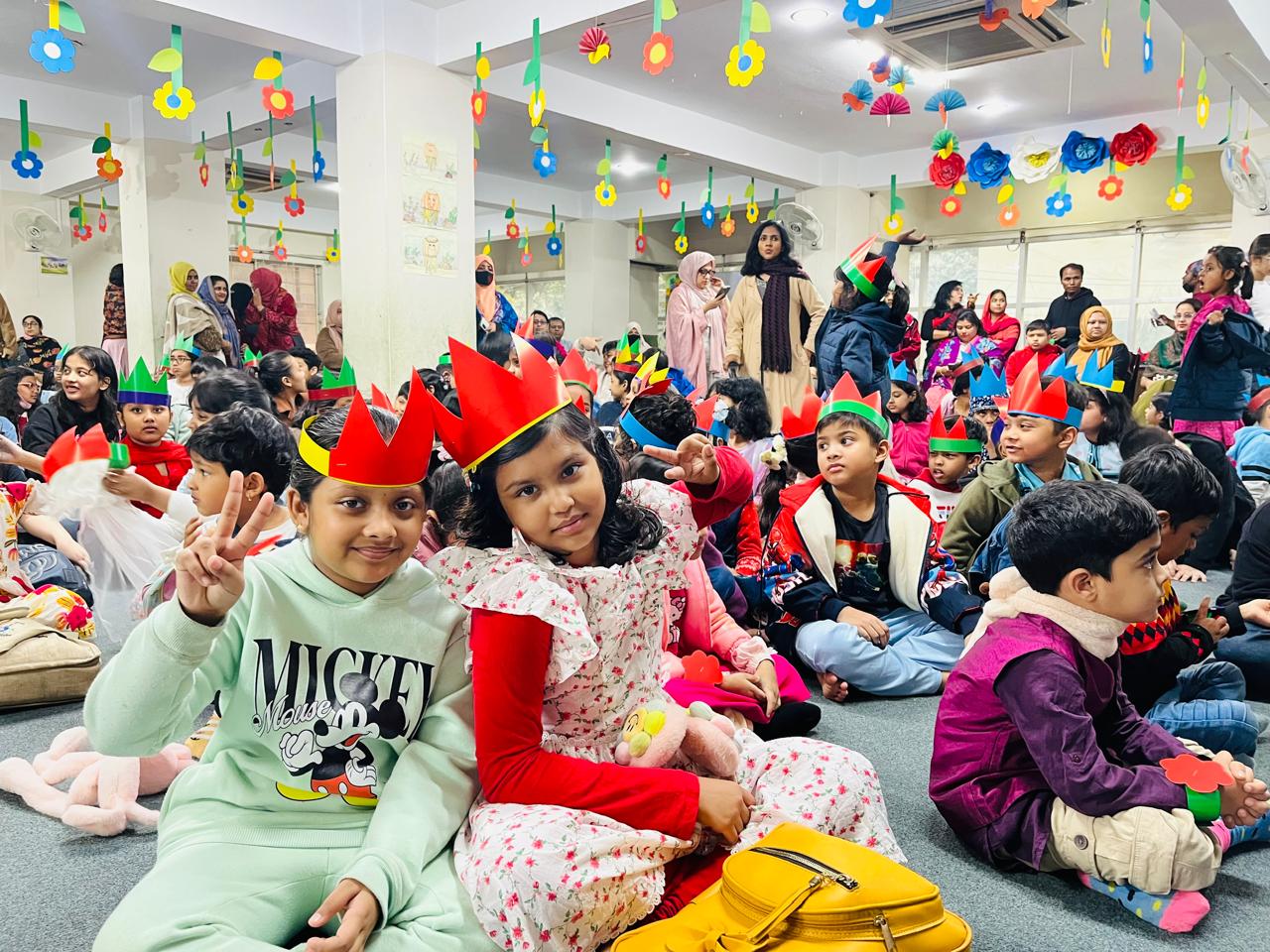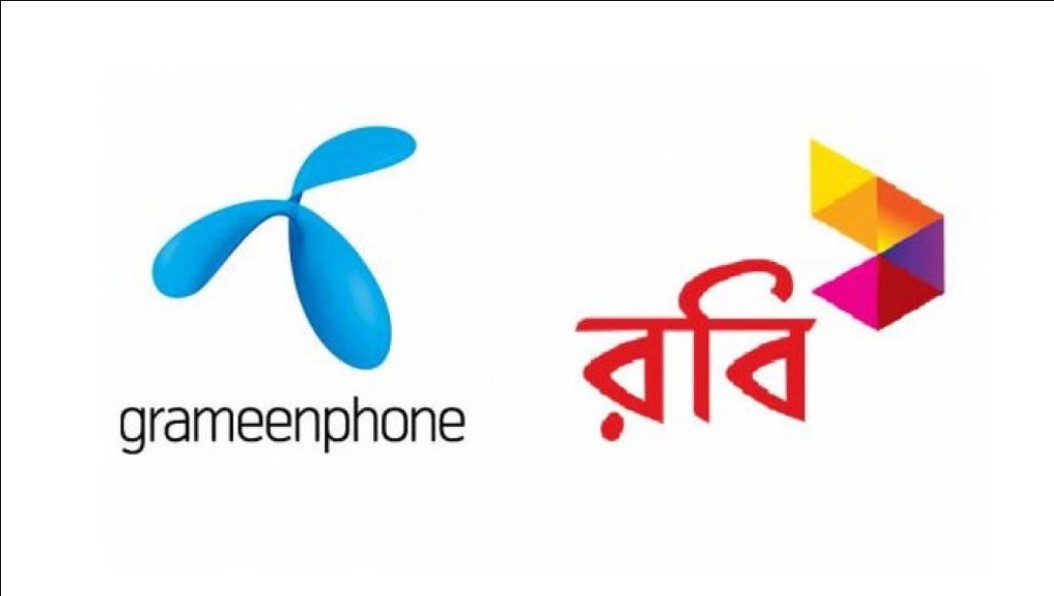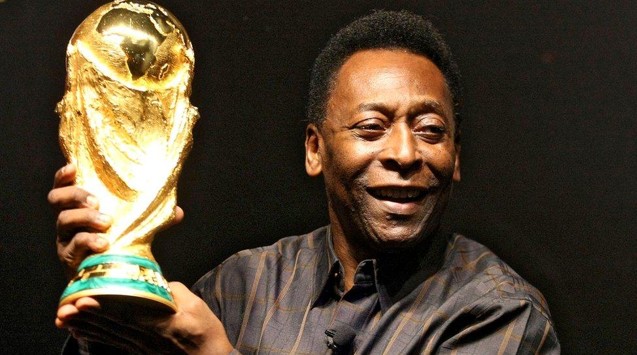Bangladesh Jamaat-e-Islami has finalised its candidates for all parliamentary constituencies, begun election preparations, and launched constituency-based activities. Eighty per cent of the party’s current nominees are new faces who have never contested an election before.
Only 59 candidates have previous election experience.
In the past, Jamaat was dominated by senior leaders. But under changing circumstances, a different picture has emerged this time. The party is trying to bring forward leaders aged between 35 and 45.
According to Jamaat sources, since the beginning of this year, the party has been announcing its candidates in phases. The remaining two constituencies—Gazipur-6 and Narsingdi-5—have also been filled.
Candidates were selected through votes from district and upazila-level leaders and finalised by the central nomination board. Although the party calls this an initial nomination, those chosen have already begun working in their constituencies.
A senior central leader of Jamaat told Prothom Alo that discussions are ongoing regarding an electoral understanding among Islamic parties. Once an electoral understanding or alliance is finalised, some candidates will be withdrawn from specific constituencies.
Party sources further said that before announcing nominees, Jamaat carries out a detailed scrutiny process, assessing each candidate’s standing in the field. Unless a candidate is involved in disciplinary violations or scandals, nominations are rarely withdrawn. Therefore, there is little chance of significant changes to the current list.
Eighty per cent of the candidates have no prior parliamentary election experience. However, Jamaat leaders claim that although the candidates are new, they can earn public support through merit and campaigning.
In this regard, Jamaat’s Nayeb-e-Ameer Syed Abdullah Muhammad Taher told Prothom Alo, “We’ve published our preliminary list. They are young and educated. Given the time before the election, I’m hopeful they’ll win people’s hearts.”
Claiming that most of these candidates are qualified, Abdullah Muhammad Taher said, “There’s a kind of sympathy building for Jamaat. People are saying, ‘We’ve seen the two big parties, now let’s see the third one—let’s see Jamaat once.’ These are positive signals. I hope we’ll do well in the election.”
Candidates with previous experience
Among Jamaat’s declared candidates, nine have previously been elected as Members of Parliament. In total, 59 have prior election experience—nine of them have contested more than twice, 15 twice, and the rest once.
Maulana Abdul Hakim has contested every election Jamaat has participated in from 1991 to 2024 and has again been nominated for Thakurgaon-2.
In Rangpur-2, ATM Azharul Islam—who contested the 1996, 2001, and 2008 elections and was imprisoned during the Awami League government on war crimes charges—has again been nominated after his release.
Jamaat’s Secretary General, Mia Golam Porwar, may run from Khulna-5, where he was elected in 2001. He also contested the 1991, 2008, and 2018 elections.
Syed Abdullah Muhammad Taher, now Nayeb-e-Ameer, was elected MP from Comilla-12 in the 5th and 8th parliamentary elections and later contested from Comilla-11, where he will run again.
Assistant Secretary General AHM Hamidur Rahman Azad, elected from Cox’s Bazar-2 in the 9th national election, will also run again from the same seat.
Shahjahan Chowdhury, elected from Chattogram-14 in 2001 and previously a candidate in 1991 and 1996, will contest this time from Chattogram-15. Shahadat Hossain has been named in Chattogram-14, where ANM Shamsul Islam was the party’s candidate in 2018.
Why so many new faces
Jamaat-e-Islami secured its highest number of seats in the 5th (1991) and 8th (2001) parliamentary elections—18 and 17 respectively. They party took part in elections mostly in alliance with the BNP. Several top Jamaat leaders have been executed for war crimes, some died in prison, and others of natural causes. Consequently, the party’s current list features many new candidates.
Jamaat Secretary General Mia Golam Porwar told Prothom Alo that the list of potential candidates has been announced. If an understanding is reached with allies, some seats will be left for them. Even if no alliance is finalised, candidates may be changed for special reasons.
He expressed optimism about young candidates.
“Nearly four crore (40 million) young voters will cast their votes this time—those who couldn’t vote before. Our new candidates are working for Bangladesh, and I believe the youth will support such candidates.”
Prominent new candidates
Many of Jamaat’s new candidates are former leaders of Islami Chhatra Shibir (Jamaat’s student wing).
Among them: former Shibir president and current Dhaka south Jamaat secretary Shafiqul Islam Masud (Patuakhali-2); lawyer Shishir Monir, known for defending war crimes suspects (Sunamganj-2); former Shibir president and current Dhaka north Jamaat secretary Muhammad Rezaul Karim (Lakshmipur -3); former Shibir president Delwar Hossain Sayeedi (Thakurgaon-1); and popular Islamic speaker Amir Hamza (Kushtia-3).
Children of executed Jamaat leaders have also been nominated. Former Ameer Matiur Rahman Nizami’s son Najibur Rahman Momin has been picked for Pabna-1, Delawar Hossain Sayeedi’s younger son Masud Sayeedi for Pirojpur-1, elder son Shamim Sayeedi for Pirojpur-2, and Mir Quasem Ali’s son lawyer Mir Ahmad Bin Arman for Dhaka-14.
Efforts toward an alliance of Islamic parties
Ahead of the national election, Islamic parties are moving toward forming an electoral alliance led by Jamaat-e-Islami and Islami Andolon Bangladesh (of the Charmonai Pir).
These two parties, along with six others—Khelafat Majlish, Bangladesh Khelafat Majlish, Bangladesh Nezam-e-Islam Party, Bangladesh Khelafat Andolon, Jatiya Ganatantrik Party (Jagpa), and Bangladesh Development Party—have been jointly campaigning to implement the July National Charter, hold a referendum on it by November, and introduce proportional representation.
Political observers note that previous Islamic alliances in Bangladesh failed to gain traction due to leadership disputes. However, Jamaat leaders claim relations among Islamic parties are better now than ever before.
Courtesy: Prothom Alo Online





